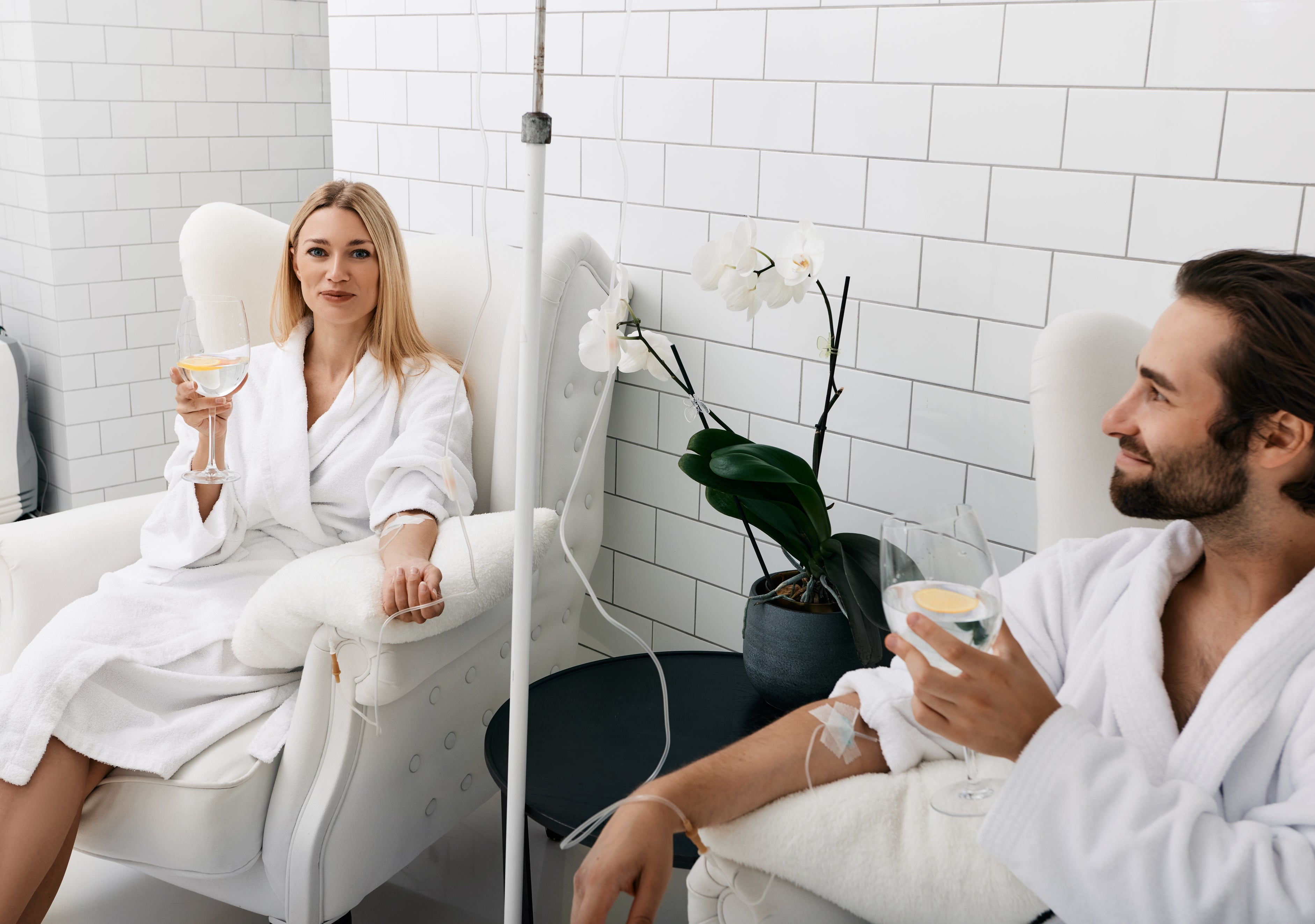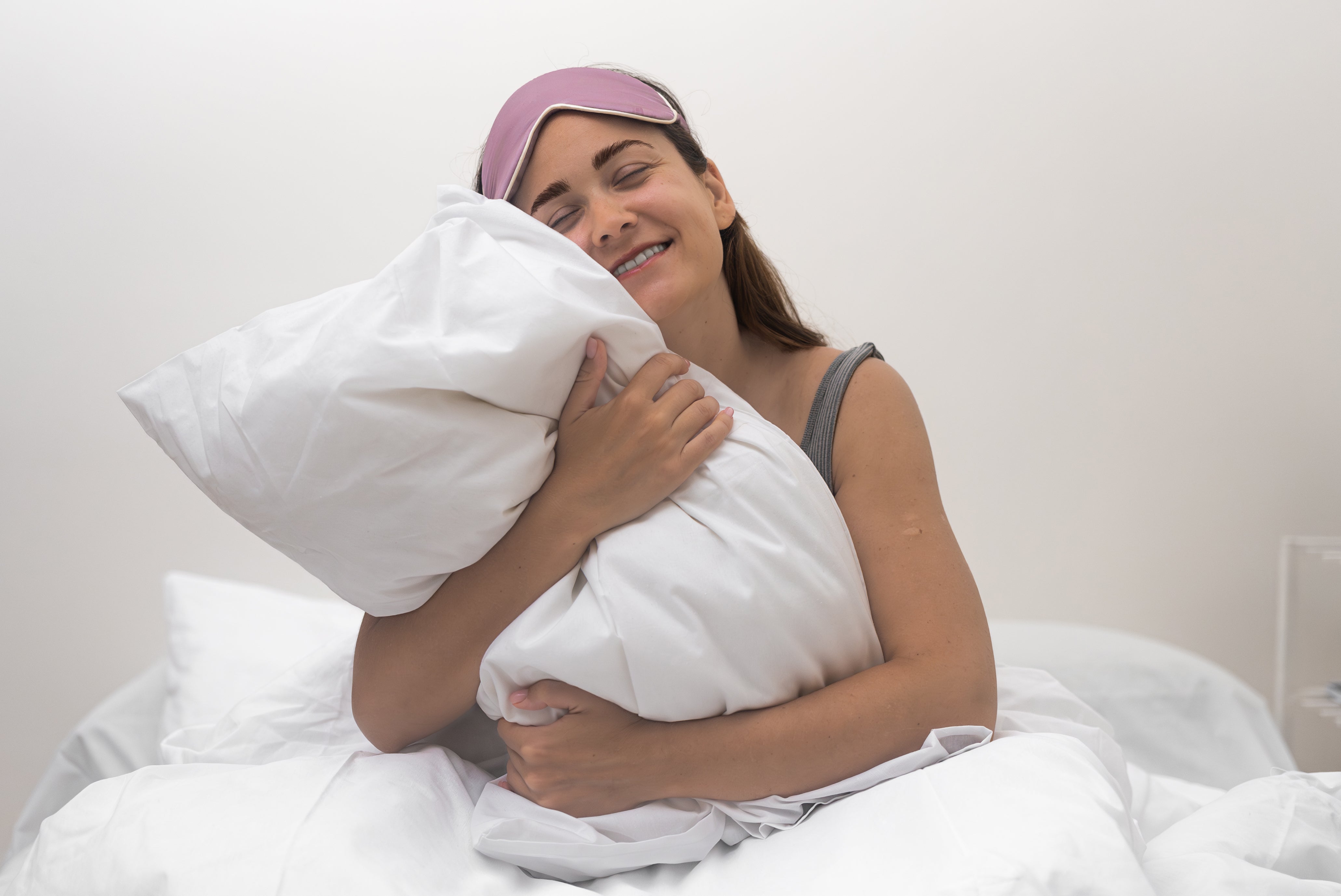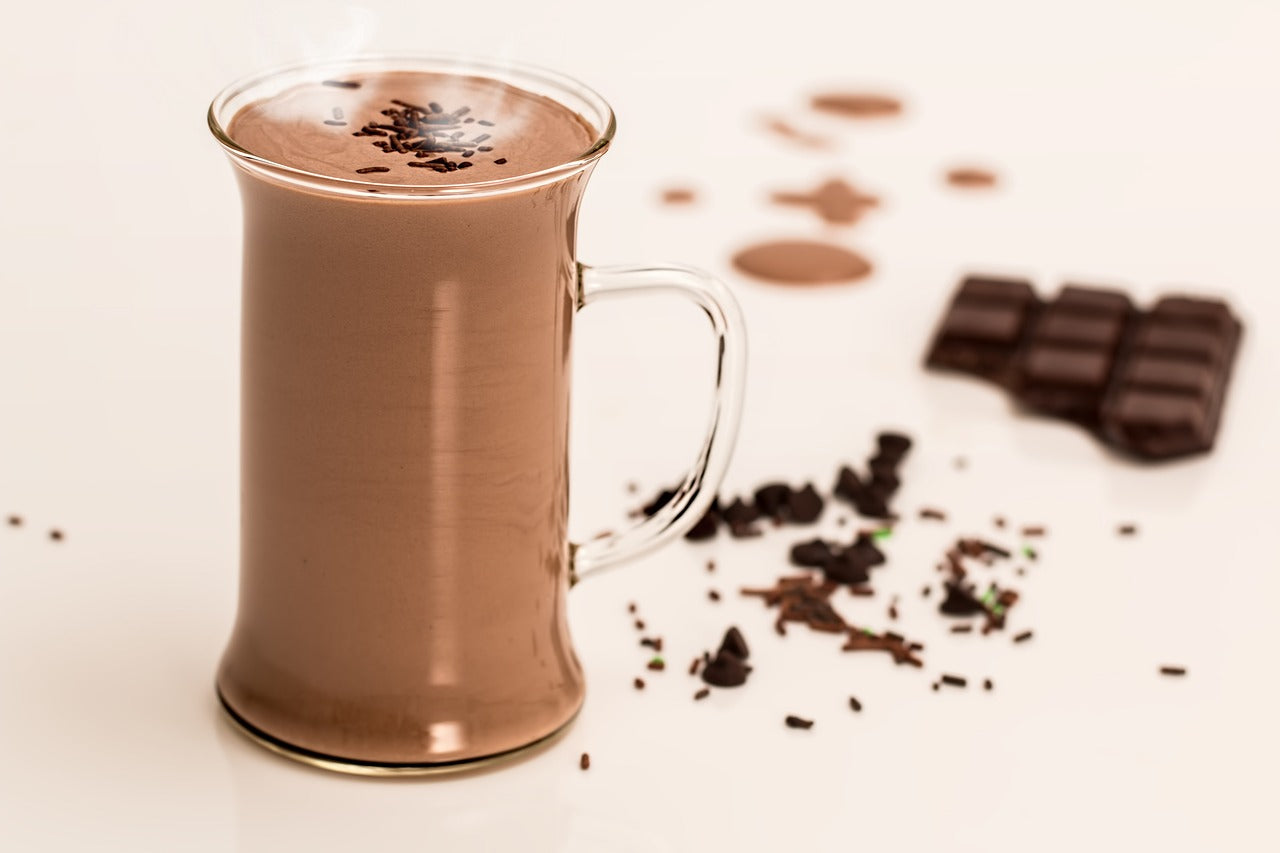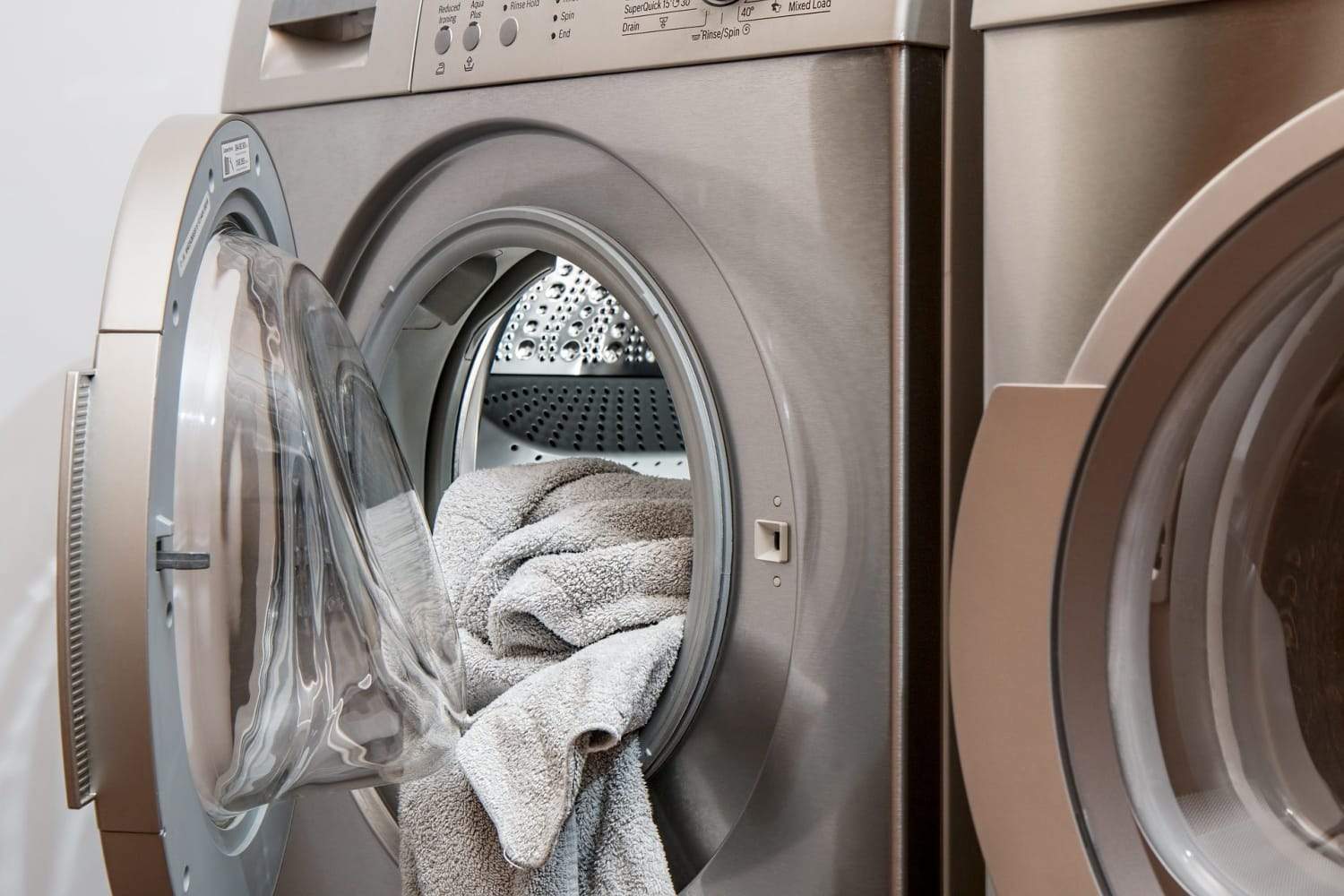The air inside your home could be more polluted than it is outside. This troubling fact often comes as a shock to many. Still, according to the United States Environmental Protection Agency (EPA), the air inside your home could be five times more polluted than outside.
Several things cause air pollution that becomes trapped inside your home. Building materials, cleaning products, air fresheners, smoke, and wood-burning fireplaces are the most common pollutants seen indoors. In addition, daily activities like cooking or lighting candles can cause emissions.
A pair of scientists conducted an experiment by cooking a typical Thanksgiving dinner. They simulated a classic holiday, beginning with breakfast and shortly after began cooking the feast. The kitchen looked like any other, with the exception of all the air monitoring devices located around the home. The team of researchers had started cooking breakfast and put slices of bread in the toaster when they saw a spike in volatile organic compounds (VOC). By the time dinner had rolled around, fine-particulate concentration was dangerously high. In fact, it was in the “very unhealthy” range as defined by EPA. If it were outdoors, you’d receive an air quality warning, but there is no such thing in our homes. So when you think about the dust, dander, and risk for mold, you can see how air quality is often worse indoors.
Poor air quality can negatively impact your health and disrupt your sleep. It can trigger allergies, asthma, worsen sleep apnea symptoms, and make it harder to get a quality night’s rest. Fortunately, you can remedy this with an air purifier. An air purifier with HEPA filters can capture pollutants, bacteria, and viruses, helping you sleep more soundly on your millet pillow. The majority of household air purifiers are designed to capture the contaminants commonly found in your home.
Air purifiers not only improve air quality but will help neutralize unpleasant odors. If you have slept in an old hotel room that smells of stale cigarette smoke, you know how distracting it can be. Further, if you sleep in a room with strong air freshers, scented candles or a freshly painted room, it can make it uncomfortable to breathe, let alone sleep!
There are certain chemicals that cause an odor when they are broken down. These are called volatile organic compounds, which were found in the Thanksgiving dinner experiment. The odor caused by VOCs can cause difficulty breathing, nausea, and headaches. If you are concerned about a specific smell, like cooking or smoke, you should avoid using scented candles or air freshers as this will only increase the air pollution. Instead, turn on your air purifier to clean the air and remove odors.
If you have asthma, you may be irritated by pollutants that live in the air, especially in the bedroom. Pet dander, dust mites, and even pollen may be circulating around your room, irritating your airway, and making breathing difficult. A pet can bring in pollen and other allergens from outside, or these allergens may come through an open window. Your bedroom is the perfect breeding ground for dust mites as they thrive in humid environments, feeding on dead skin cells and often live in carpets, mattresses, or blankets. In addition to using bedding that prevents this, like a breathable millet pillow and Tencel sheet set, you can use an air purifier. Many of the allergens found in some bedding will also travel in their air, and when cleaning or moving, it disturbs them even more. An air purifier will reduce this, and as a result, reduce your chance of an asthma attack.
Even if you don’t have asthma, many of the same pollutants can cause allergies. For example, dust mites, bacteria, and fungi can cause hay fever, lasting up to several weeks. In addition, symptoms such as coughing, sneezing, watery eyes, and congestion can make sleeping very difficult. For example, if you are congested, you may snore or snore more than usual, disturbing your partner. By removing allergens with an air purifier, allergies will be reduced, and you and your partner can sleep better.
Recent research has also revealed that air purifiers may relieve sleep apnea symptoms. Sleep apnea is a sleep disorder where breathing starts and stops throughout the night. In addition to increasing the risk of other health conditions, it can significantly disrupt sleep. Scientists and sleep specialists have long speculated a connection between air quality and sleep apnea, and recent studies have proved this true. For example, a 2019 study found that increased exposure levels to indoor air pollutants increased the risk for sleep apnea. The lead researcher of the study concluded, “it seemed likely that air pollution was detrimental to sleep, given that air pollution causes upper airway irritation, swelling and congestion, and may also affect the parts of the brain and central nervous system that control breathing patterns and sleep.” Therefore, when you improve air quality, you can reduce the risk of sleep apnea and relieve symptoms.
Finding the Right Air Purifier For Better Sleep
If you were to go online and start looking for an air purifier, you’d quickly become overwhelmed. There are countless options with different features and filter types, and it can be challenging to know what is best for your bedroom. Here are the main differences between common filter types:
- HEPA Filter:You’ll see this type of filter most often. It’s very powerful and can capture pollutants as small as 0.3 microns.
- Ozone Generator: This type of air purifier is primarily used to remove odors and is often used in hotels and used cars to remove strong smells like tobacco. Ozone generators are not something you want to use regularly or in your bedroom. Exposure can cause health issues and symptoms like chest pain and coughing.
- Activated Carbon: Carbon filters are also better suited for removing odors. Though they are a safer option than an ozone generator, they aren’t as effective at removing bacteria from the air. A HEPA filter is able to remove smaller particles than activate carbon.
- Ultraviolet Light Air Purifiers: These air purifiers use UV rays to kill germs released in the air. In some cases, they may release ozone, so check before buying.
Ultimately the best option for better sleep is a HEPA filter but will also need to review its size compatibility, noise levels, and certification. To effectively clean the air in your room, it must be able to accommodate a room of that size. The Clean-Air Delivery Rate (CADR) will specify the cleaning speed for a specific room size. It uses cubic feet per minute(CFM) to establish this. For example, an air purifier with a 300 CFM can purify the air in a 300 square feet room. The air change per hour (ACH) rating tells you how often the entire air volume in your room is filtered, and the higher, the better.
As for noise, some people enjoy the white noise an air purifier provides, but others may find it distracting. Generally, an air purifier's noise (HEPA filter) ranges from 35 to 70 decibels, but it will also depend on your setting. Ideally, you want a low hum, so look for an air purifier with a lower noise setting.
If you don’t want to spend the money on an electric air purifier, you can utilize the natural antimicrobial properties of lavender to purify your air. Lavender is derived from “lavare,” meaning “to wash,” and has been found to eradicate airborne fungi and bacteria. You can use a lavender linen spray to spritz the air and your bedding to remove the odors, bacteria, and pollutants that could be keeping you up.
Another natural remedy is to keep plants in your room. A famous NASA study found that house plants reduced indoor air pollutants. The secret is choosing the right plants. Some plants have more air purifying power than others, and you want to avoid pollinating plants. If you have a lot of natural light in your bedroom, a Boston Fern can be a great match. These beauties are inexpensive and relatively easy to care for. Alternatively, if you have trouble keeping plants alive, try a snake plant. These are durable and great for those who lack a green thumb. In addition to your lavender linen spray, you can also have a lavender plant. Just be sure not to over water it, though, as it can cause it to rot.
Whether you prefer an industrial-strength HEPA filter or a snake plant and lavender linen spray, you can breathe easier and sleep better by purifying the air in your bedroom. When you improve indoor air quality, you reduce allergies, odors, and pollutants.
Using breathable bedding that promotes airflow will enhance these benefits. So the next time you crawl into your Tencel sheet set and lay down on your millet pillow, you can rest easy knowing you are breathing in clean, purified air.






